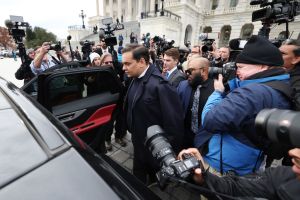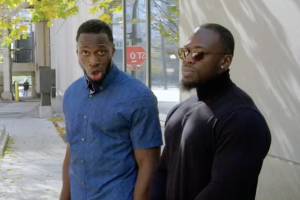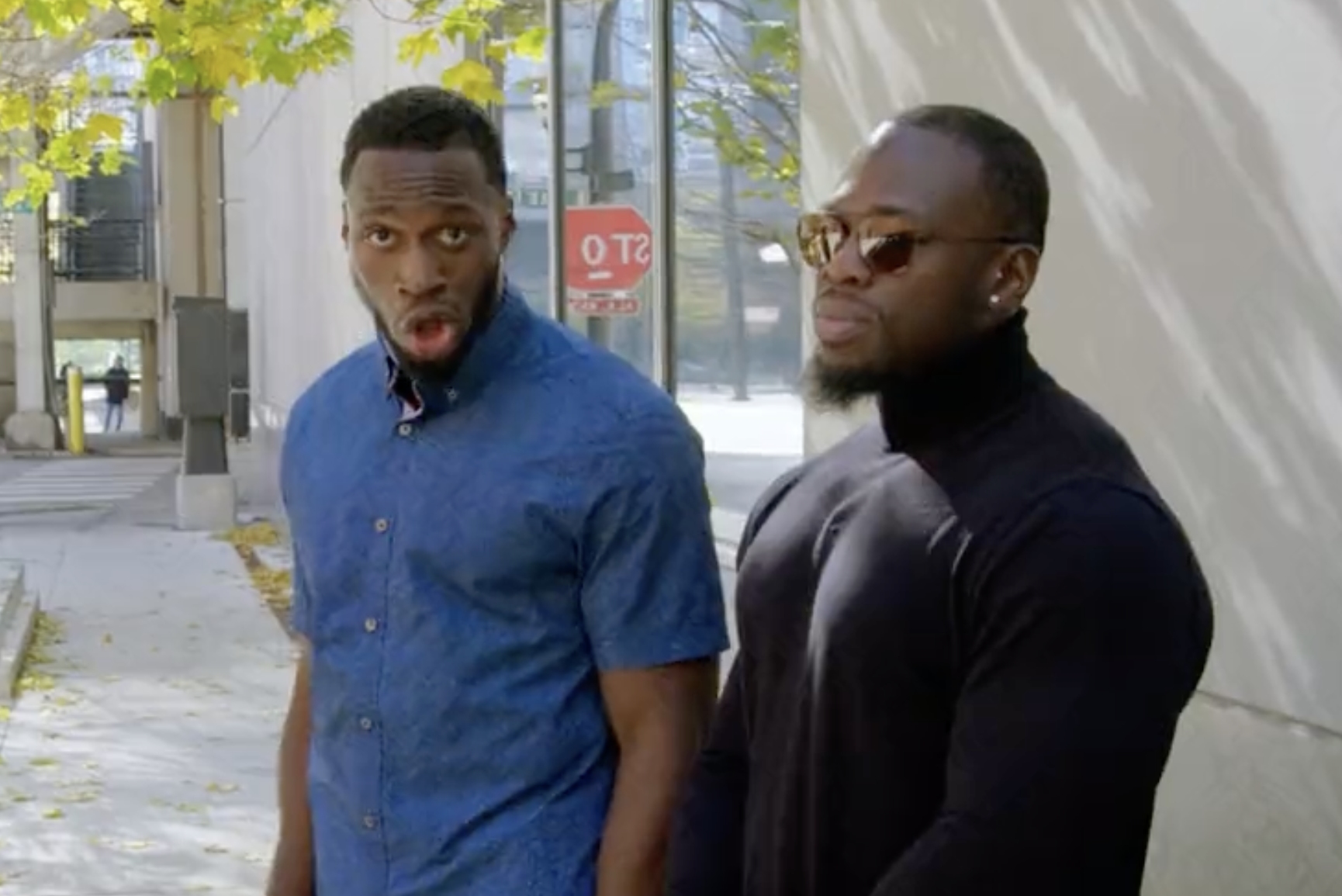The case of Jussie Smollett is, among other things, an accidental tribute to the life and work of Tom Wolfe. Wolfe, who died last year, annoyed progressives with his portrayal of white guilt and black radicalism in Radical Chic & Mau-Mauing the Flak Catchers, and the contempt he expressed for identity politics and fashionable attitudes in other works.
Wolfe, who coined the term the ‘Me Decade’, delighted in mocking cultural narcissism. He argued that America was full of ‘status spheres’ in which politicians, artists, activists and others jockeyed for cultural capital.
One of his favorite targets was fashionable victimhood. In his first novel, for example, Bonfire of the Vanities, a strained yet arrogant bond trader is ruined after a cynical journalist and a demagogic Harlem preacher whip up mob-like outrage against him after he and his mistress strike a black man with their car while fleeing an apparent stick up.
The case of Jussie Smollett is so perfectly Wolfeian that I wouldn’t be all that surprised if somebody told me the whole story is an unpublished novel that he never finished.
The story goes like this. The chief character, Smollett, is a gay black man, ideally suited to victimhood status, his fame and his riches notwithstanding. He claims to have been attacked by two white man in ski masks who punched him, kicked him, poured bleach on him, tied a noose around his neck and screamed, ‘This is MAGA country!’ He is found still wearing the noose.
Such an exceptionally, theatrically sensational report should have raised eyebrows. Progressives, though, who have convinced themselves that the United States is on the brink of fascism, swallow it whole. Ellen ‘Political Sage’ Page, a Hollywood actress, appears on The Late Show to blame the alleged attack on Mike Pence and Donald Trump:
‘This is what happens. If you are in a position of power and you hate people, and you want to cause suffering to them…what do you think is gonna happen?’
Democrats, seeing another chance to distinguish themselves as anti-racists, condemn the alleged crime. Presidential candidates call it ‘a modern day lynching.’ Smollett appears on television in a tearful interview in which he wonders whether anyone would doubt his story were he not black and gay.
Probably. It isn’t impossible that men in ski masks, bearing bleach and ropes, would stalk the streets of Chicago looking for relatively unknown Hollywood actors to assault. But it seems also unlikely. The police then become suspicious about Smollett’s reluctance to give them his mobile phone and doubly suspicious when he gives them a PDF file of his phone records that contained redactions.
They arrest two Nigerian brothers who had been extras on Empire, where Smollett had starred, and reporters allege that Smollett paid them to ‘attack’ him. Smollett is arrested and a Chicago Police Superintendent says he had, ‘[taken] advantage of the pain and anger of racism to promote his career.’
Yet somehow the story does not end here. Smollett has wasted countless hours of police time, yet a prosecutor drops charges against him because he had forfeited a $10,000 bond payment and does community service. His lawyers act as if he had been proved innocent and farcically suggest that the Nigerian brothers had attacked him while wearing white make-up. In Chicago, a police union marches against the prosecutor. Rev. Jesse Jackson organizes another counter-protest against the police.
It would be a perfect Wolfeian ending if the hapless brothers were arrested for assault while the multi-millionaire actor proclaimed his innocence.
A central theme of Wolfe’s work was that the high ideas of politics, culture and the academia are just a respectable front behind which groups and individuals fight for status, seizing, for example, on emotionally resonant narratives that provide a convenient vehicle for their ambitions.
Progressives thought they had this in the case of Smollett. Their confirmation bias was to some extent self-serving. The dramatic, richly detailed cruelty that he claimed had been inflicted on him was a stick to beat Republicans. Incarceration rates? Access to housing? Access to education? These are matters with racial implications that leftists and conservatives could debate but the more abstract arguments of progressives would not have the symbolic power of a gay black man being assaulted by Trump supporters.
Like the Covington schoolchildren appearing to mock an old Native American man, it seemed to be the perfect symbol of where Trumpism leads. It was, in fact, too perfect not to be believed.
‘Everybody everywhere,’ Tom Wolfe wrote in The Electric Kool-Aid Acid Test, ‘has his own movie going, his own scenario, and everybody is acting his movie out like mad, only most people don’t know that is what they’re trapped by, their little script.’
Smollett got caught inside his own performance. He wanted to be a victim. The tearful interview was a feature of a role that he longed to play. He loved that modern sense in which one becomes a martyr while being alive to earn the sympathy, respect and fame that it can earn. ‘I’m the gay Tupac,’ he announced before his arrest, baffling even his sympathizers. What did he think he and Tupac Shakur have in common? Simply, Tupac was a legend and Smollett wanted to be one. Tupac became immortal by being shot. Smollett wanted the same status without dying. Tom Wolfe would be laughing in his grave, or perhaps kicking himself that he had not made it up.
























